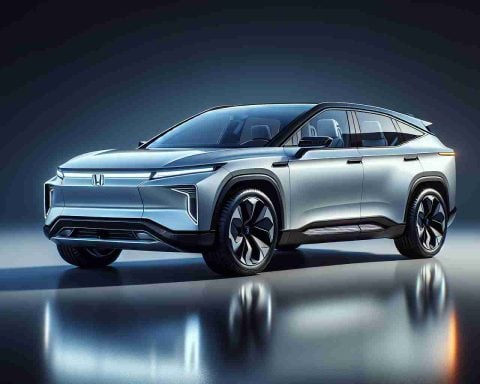As electric scooters surge in popularity, Barcelona is tightening its regulations. Beginning February 1st, a hefty fine awaits those who ride e-scooters on sidewalks or without helmets.
In a city known for its flat terrain and abundant sunshine, e-scooters have quickly become a primary mode of transport. With over 250 kilometers of dedicated bike lanes, the number of daily e-scooter trips has skyrocketed to about 44,000, a dramatic rise from virtually none five years prior. Notably, more women are embracing this trend, with 31% of riders being female, compared to just 19% among cyclists.
However, the rapid rise of e-scooters is not without consequences. Capable of reaching speeds up to 25 miles per hour, they pose greater risks than traditional bicycles. Furthermore, they have become notorious as a preferred method of escape for local thieves.
To enhance safety, the city has implemented new regulations, limiting e-scooter speeds to 15.5 mph. Those exceeding this speed may be classified alongside motorcycles, necessitating a license for operation. Authorities emphasize that these measures aim to encourage responsible behavior among users and improve overall safety.
Earlier attempts to regulate e-scooter rentals in 2023 have led to a citywide ban on rental scooters, mirroring actions taken in other major cities like Paris. The changes reflect a growing effort to balance innovation with public safety in this vibrant urban environment.
Barcelona’s E-Scooter Surge: New Regulations, Safety Measures, and Future Implications
Introduction
With an increase in the use of electric scooters in urban areas, cities around the globe are grappling with the implications of this new mode of transportation. Barcelona is no exception, making headlines with new regulations aimed at ensuring the safety of both riders and pedestrians. As electric scooters become an influential part of Barcelona’s transportation landscape, several intriguing aspects are emerging.
Key Features of the New Regulations
1. Speed Limitations: As part of the newly implemented regulations, e-scooters in Barcelona are now limited to a maximum speed of 15.5 mph. Exceeding this speed could require riders to possess a valid motorcycle license, aligning e-scooter use with motor vehicle regulations.
2. Helmet Mandates: Riders are now required to wear helmets when operating e-scooters. This law is crucial in minimizing head injuries in the event of a fall or collision.
3. Sidewalk Usage Prohibition: Riding e-scooters on sidewalks is strictly forbidden under the new regulations, aiming to enhance pedestrian safety and decrease accidents involving e-scooters and pedestrians.
Pros and Cons of E-Scooter Use in Barcelona
Pros:
– Environmental Impact: E-scooters promote eco-friendly transportation by reducing carbon emissions.
– Convenience: They offer quick, flexible options for short-distance travel across the city.
– Increased Mobility: Accessibility to different city areas, especially with the city’s extensive bike lane network, enhances urban mobility.
Cons:
– Safety Concerns: High speeds coupled with inadequate rider experience can lead to accidents.
– Theft: E-scooters are frequently targeted by thieves, causing challenges for both rental companies and individuals.
– Traffic Congestion: With the rise of e-scooter usage, there is potential for increased congestion, particularly in busy urban areas.
Market Analysis and Usage Trends
As of now, the e-scooter landscape in Barcelona has seen a significant increase in usage, transitioning from virtually no e-scooter trips five years ago to approximately 44,000 daily trips. Despite recent regulatory crackdowns, the popularity of e-scooters is not waning; the market continues to evolve.
Innovations and Future Predictions
Looking ahead, e-scooter technology is expected to advance with innovations in battery life, safety features, and integration with smart city infrastructures. Furthermore, as cities adapt to new mobility patterns, increased partnerships between municipalities and e-scooter companies could shape the future of urban transport.
Security Aspects and Sustainability Efforts
To address the rising issues of theft and safety, e-scooter companies are investing in enhanced security features such as GPS tracking and immobilization technologies. Moreover, sustainability remains a core focus, with many companies exploring electric models that utilize renewable energy sources for charging.
Conclusion
Barcelona’s proactive regulations reflect a broader global trend of cities seeking to manage the challenges posed by e-scooters while harnessing their benefits. As this dual approach of innovation and safety unfolds, other cities might look to Barcelona as a model for balancing new technologies with necessary regulations.
For further insights into urban mobility and transport trends, visit Urban Mobility.


















